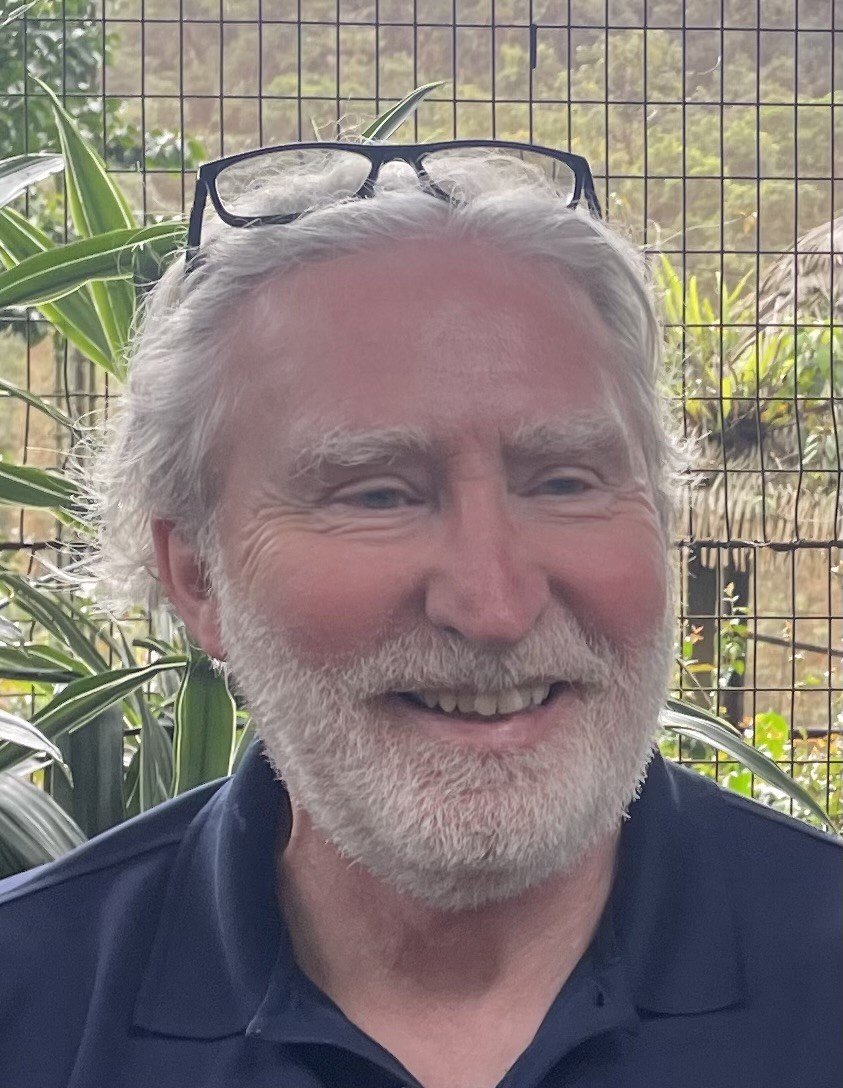Three Poems
by Philip Byrne
ROADKILL
Mamma fed us roadkill, though she liked to be the one to kill whatever strayed
onto the road. She preferred her butchering block to be concrete. “Blacktop ruins the meat,”
she said with a flair for what was rare, looking at innards as would be dinners.
The time of the “doggone!” accident, I began to understand what she meant. Life has a habit of
putting obstacles in the way, and you gotta be strong, be stubborn, plough on, it’s wrong to
swerve, never swerve ‘cause you could cause an accident.
That was food for thought, but mamma, she didn’t much care for philosophy or talking about
what she used cooking stuff, because the food was cheap it was enough, and fresh is only a
state of mind when you have spices from the Punjab to fire you up, to sweat your fleshy flab.
Besides food is food to an empty stomach and it ain’t gonna get upset ‘cause some piece of
meat ain’t been butchered in some slaughtering house and canned in Chicago. Deer, dog, cow,
sow, rat, cat, on the open road don’t matter that Mamma fed us roadkill but drew the line at
armadillos, ‘cause she loved us – everyone has their peccadillos.
Edge
He mounts the stairs, then her, clamps the bit
between her teeth in the usual way, stays long enough.
She loves the sharp edge, the steel’s pressure on skin,
the eyes that encircle her, veil of pretense, carnal.
He looks at her nakedness in the mirror,
No surgeon’s scapel mars her mature curves.
The early afternoon rendezvous exhilarates,
a sip or two of her favorite Zinfandel fortifies.
He tells her he loves the heft of the breast in his hand,
that she has the body of a 25-year old.
She’s careful to separate the sheets of her life, can’t stand
her quibbling husband, mouthing stock quotes, tedious.
Leaves her, the door open, before her husband, his lashing
sting, comes raggedy-ranting “‘Where’s my dinner?”
Her husband’s grip she cedes to, a spouse’s duty.
She lets him have his way. What heart she has
she keeps concealed. This time she believes
she can get away. Driving fast, tasting the wind,
two lanes that twist, she’s struck by what fantasy
tempts the deer to cross?
…According to Paul
or Saul of Tartus, as he was known during that spell when he happily persecuted Christians…
the good news is it’s possible to change even
the wind’s invasive axe dispelled the bone-chilling murderous caw of the Coliseum’s throng;
then again, everyone has a crucifix…
except Paul was struck by compelling light, along the road to Damascus, blinded – for three
days though there is much that I can’t explain…
or remember. Remember …the evening we sat. Wasn’t it on the stoop… we laughed?
About what? …I don’t remember. What I don’t remember could drain a reservoir.
As the lug of the spade sinks in an army of thoughts are wild rovers that could tease Roman
coin from buried thrash; excavate the trove: there was that spell
when we wore togas and molting Athenian goddesses with peeling flaking skin draped
themselves over us and according to Paul from next door
who was being courted for the priesthood, the gospels said, ‘plundering and pillaging was
sinful,’ though we had no idea what that meant,
still our empires expanded beyond the statue of the Blessed Virgin in the yard
and those scientific prophets who dig,
found long-ago missives that when exposed to the air evaporated out of sight
until after a chemical wash and photo-light. Maybe what’s dead hasn’t been dead
And things turn up in the wash like words unrecognizable, maybe unknowable.
Yet there is more to believing there is the good news
that if a badass like Paul can change, change is possible.
BIO: Philip Byrne is a retired teacher living in Westchester, New York. His poems have been published in Inkwell, The Raven Review, Beach Chair Press, The Soliloquist, and are forthcoming in The Westchester Review. Pursuing his dream of letting life catch up to him, he captures snippets of memory and observation in poems that finds sustenance, rejuvenation, and joy in language.

